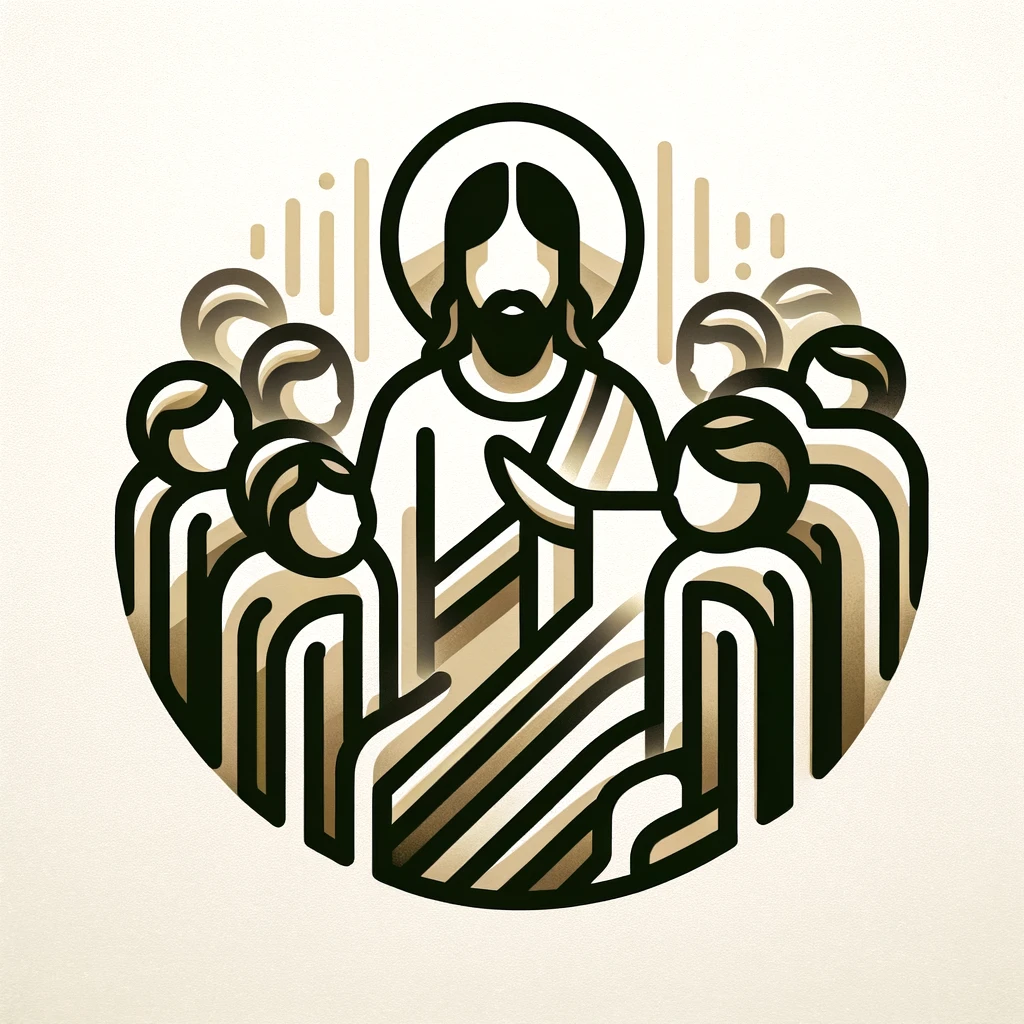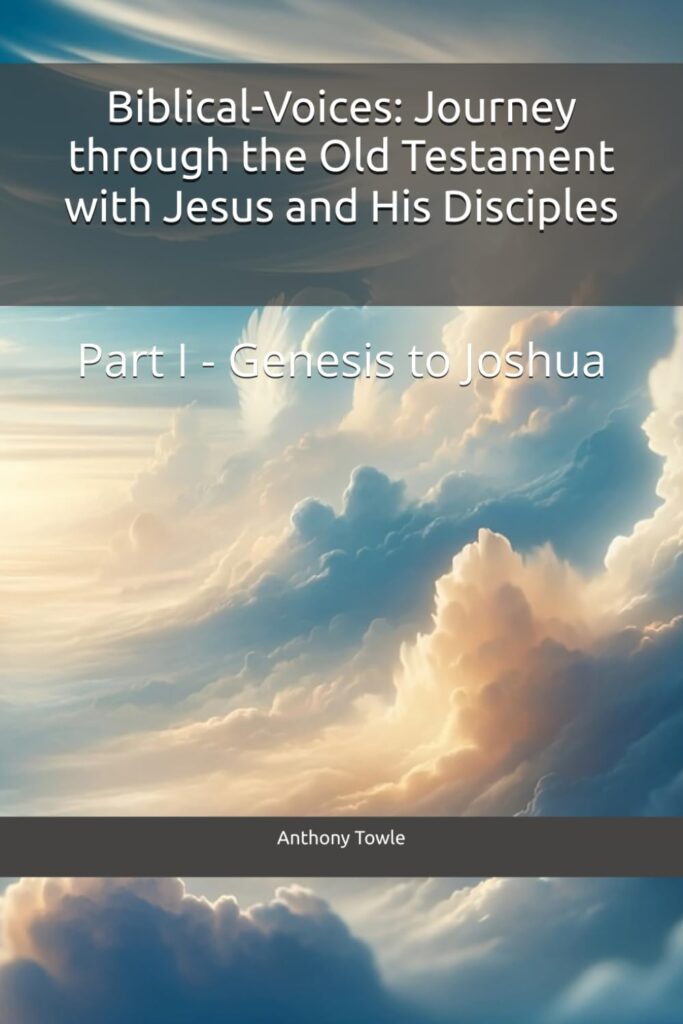Jesus: “Loving those who have done evil is one of the most challenging commands I have given you. ‘But I say unto you, Love your enemies, bless them that curse you, do good to them that hate you, and pray for them which despitefully use you, and persecute you.’ This command is not about condoning their actions but about freeing your heart from hatred and seeking their transformation through the power of love.”
Peter: “Master, how can we find the strength to love like this? It seems beyond our natural ability.”
Jesus: “Peter, indeed, it is beyond your natural ability. This kind of love can only come from the Holy Spirit working within you. Pray for those who have wronged you, asking for the grace to see them as I see them—lost souls in need of redemption. Remember, while you were still sinners, I died for you.”
Andrew: “But Lord, how do we protect our hearts from bitterness when we try to love those who continue to do evil?”
Jesus: “Andrew, guard your heart by staying rooted in prayer and the Scriptures. Let my peace, which surpasses all understanding, guard your hearts and minds. Love does not mean you allow yourself to be harmed or do not seek justice. It means you do not harbor hate but instead seek healing and restoration for all involved, whenever possible.”
John: “Is there a limit to forgiveness, then? How often should we forgive those who sin against us?”
Jesus: “John, ‘If thy brother trespass against thee, rebuke him; and if he repent, forgive him. And if he trespass against thee seven times in a day, and seven times in a day turn again to thee, saying, I repent; thou shalt forgive him.’ Forgiveness, like love, knows no limits in my kingdom.”
Philip: “How can we practically show love to someone who has done great evil?”
Jesus: “Philip, showing love to such a person can be through prayer for their repentance and salvation, supporting justice and rehabilitation efforts, and offering forgiveness if they seek it. Sometimes, love is also seeking to stop the person from causing further harm, doing so not out of vengeance but out of a desire to protect and to promote healing.”
Matthew: “Does loving an evildoer mean we ignore the consequences of their actions?”
Jesus: “Matthew, not at all. Love and justice are not mutually exclusive. You can seek accountability for their actions and still love them. Love seeks the ultimate good, which sometimes means allowing someone to face the consequences of their actions to bring about true change and repentance.”
Bartholomew: “But how can we ensure that our actions towards them are driven by love and not by a desire for retribution?”
Jesus: “Bartholomew, regularly examine your heart and motives in prayer. Seek counsel from fellow believers to maintain perspective. Always aim for actions that promote healing, redemption, and restoration, in line with my teachings. This is how you ensure your actions are driven by love.”
Thomas: “It’s hard to imagine that such love can really make a difference in the hearts of those who have done evil.”
Jesus: “Thomas, remember, with God, all things are possible. The power of love to transform is beyond human understanding. There are countless testimonies of individuals who have turned from their wicked ways because someone chose to love them despite their actions. Your duty is to love; transformation is the work of the Holy Spirit.”
Simon the Zealot: “Is there ever a time when we should stop trying to love someone who continues to do evil?”
Jesus: “Simon, you never stop loving, for love is the essence of who you are as my followers. However, loving someone does not mean you ignore wisdom and discernment. There are times when you must love from a distance, praying for their transformation while protecting yourself and others from harm.”
James, son of Zebedee: “Loving like this seems to be one of the hardest teachings to follow.”
Jesus: “James, it is indeed hard, and it goes against your natural inclinations. But remember, ‘Greater love hath no man than this, that a man lay down his life for his friends.’ You are called to love radically, just as I have loved you. In doing so, you reflect the Kingdom of Heaven on earth.”

